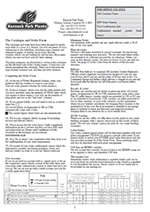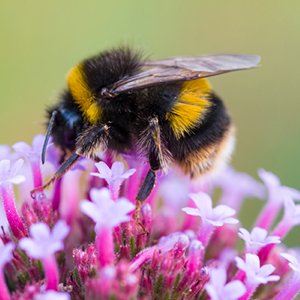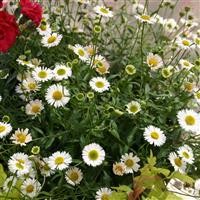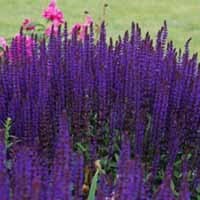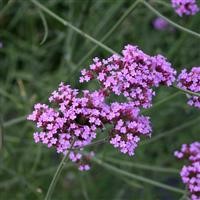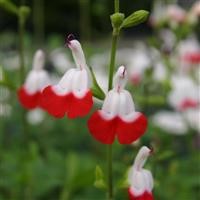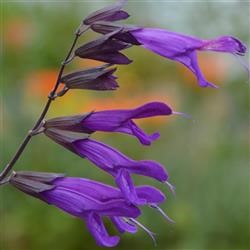Neonicotinoid Position - Kernock Park Plants Ltd01 June 2017 Clearly as a grower of ornamental plants intended to enhance our living environment, we are committed to actively seek methods of production that do not negatively affect wildlife populations, including pollinators such as bees. We have a comprehensive and continually reviewed integrated crop management (ICM) program that includes predominantly biological controls such as beneficial insects and nematodes for example that predate on target pests. All chemicals used on the nursery have of course been rigorously tested and regulated by official bodies that safeguard against potentially detrimental impacts to our environment. They are used as per the label recommendations or restrictions and work in conjunction with living biological control regimes. Where pesticides are used, we use as wide an inventory as possible in order to mitigate potential resistance build-up from certain pests or diseases. We seek advice on our pest control methods from consultants of ICM schedules, other independent consultants, AHDB crop protection advice and growing media specialists in a bid to deliver high quality, pest free, vigorous products for our growers, retailers and end consumers. There are 3 neonicotinoids (Imidacloprid, Clothianidin & Thiomethoxam) that were withdrawn, or suspended for many agricultural and horticultural purposes in the EU in 2013, confined to "minor use" such as protected ornamental horticulture. These are collectively known as nitro-substituted neonicotinoids. We understand that the research performed by Professor Goulson on bee populations was carried out using one of these pesticides. We have never included Clothianidin or Thiomethoxam as part of our ICM strategy. In May 2017 we ceased using Imidacloprid. Previous to this, we used Imidasect 5GR incorporated into the growing medium. It was used as a control against persistent pests such as vine weevil and mealy bug for long cycle shrubs and perennials that were in production under protected (glasshouse) conditions for more than 9 months (as per label recommendations), and more than 1 year in most cases for these products. Due to the groundswell of opinion against this specific product group, we moved to incorporate a Thiacloprid (sold under the trade name Exemptor) for pro-active treatment of this band of long-cycle shrubs and perennials, even though based on initial trials conducted it has not been seen to be as effective in the control of the target pests such as vine weevil and mealy bug. This is a cyano-substituted neonicotinoid with completely different chemical properties to the nitro-substituted neonicotinoids mentioned above. These cyano-substituted neonicotinoids can be readily metabolised by bees according to rigorous scientific research and are therefore completely safe to bees even if applied to outside flowering crops. Where alternative biological controls are not 100% effective in their control of target pests, we also intend to use Acetamiprid (under trade name Gazelle SG) and another Thiacloprid (under trade name calypso) applied as a spray to help combat sap sucking and biting insect pests such as mealy bug, leaf hopper and aphids and whiteflies. These are in the same group of non-harmful cyano-substituted neonicotinoids and also have short residual periods of up to 4 and 8 weeks respectively. 45 percent of our production currently derives from our own "mother stocks" based on our main site in Cornwall. The remainder of production is sourced as unrooted cuttings, seeds, starter plants or tissue culture from producers around the world with advantageous climate, production systems or labour availability compared to ourselves. We pride ourselves on being accredited to the British Ornamental Plant Producers (BOPP) standards scheme which is affiliated to the GLOBAL GAP auditing body. We are currently seeking assurance from our suppliers that plant protection protocols follow our own strict guidelines. We continue to seek other more effective biological controls for key pests such as vine weevil using the information sources mentioned above. We anticipate future development of bio-insecticides such as Met52 (Metarhizium fungus) to be more effective in cooler UK climates. We also anticipate that options such lures might also become viable pest control methods in future. *the information here is based on information gathered from various sources and is true to the best of our knowledge. If using any of the statements for your own means, please verify the information. |
ReferencesCould Kernock Park Plants take a neonicotinoid free stance? http://www.kernock.co.uk/blog/could-kernock-park-plants-ltd-take-a-neonicotinoid-free-stance HTA Statement on Neonicotinoids https://hta.org.uk/news/hta-response-re-neonicotinoids.html HortWeek http://www.hortweek.com/need-supply-chain-clarity-wake-latest-neonicotinoids-study/retail/article/1434390 |
Online Ordering
Related Sections
Qty Discounts Available
- for orders over 50 trays + additional discounts when placed 16 weeks in advance
 +44 (0)1579 350561
+44 (0)1579 350561


 Plant Finder
Plant Finder

